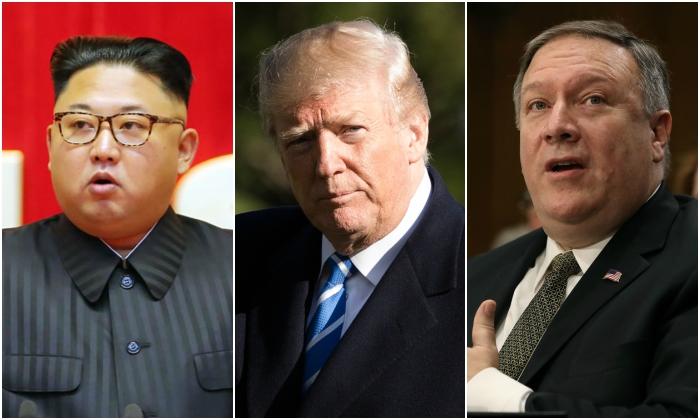In negotiations prior to U.S. President Donald Trump and North Korean leader Kim Jong Un’s summit to be held in Singapore on June 12, disagreements have arose over the extent that North Korea should denuclearize, according to a May 10 report by Japanese newspaper Asahi Shimbun.
North Korea has agreed to dismantling its arsenal of nuclear bombs and intercontinental ballistic missiles.





